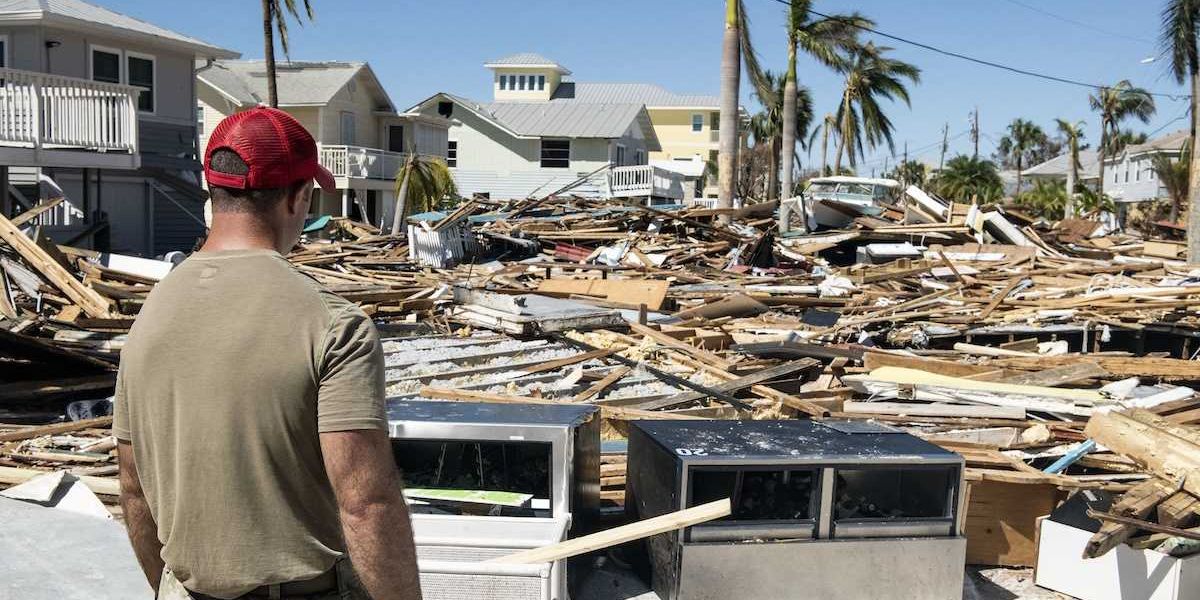Peter Dykstra: Environmental Justice Douglas
A piece last week by Katie Surma of Inside Climate News credited William O. Douglas with early support of the notion that nature should have legal rights.
It reminded me of just how far ahead of time this Supreme Court Justice was.
Catching the eye of FDR
Born in rural Minnesota in 1898, Douglas grew up in the Pacific Northwest. After four years at Whitman College in Walla Walla, Washington, he headed east to Yale Law School, where he fell in with a crowd of New Deal Liberal Democrats.
In time, he caught the eye of Franklin D. Roosevelt, who appointed Douglas to the Securities and Exchange Commission in 1934. Five years later, he became the youngest Supreme Court appointee ever.
He stayed on for nearly 37 years – still the longest service of any Supreme Court justice. But in 1944, FDR looked to make a change for his fourth presidential run. His finalists for Vice President were Justice Douglas and Missouri Senator Harry S. Truman. With FDR's death in early 1945, it could have been President Douglas inheriting the Hiroshima bomb and the Cold War. Instead, it was Justice Douglas inheriting Brown vs. Board of Education and some of the most crucial cases ever heard by the high court. He took an unrelenting stand in favor of free speech, civil rights, and when the opportunity arose, nature.
Hiking for a cause
Those opportunities often arose outside the court. An avid hiker, Douglas often walked the towpath along the Chesapeake & Ohio Canal. Douglas hiked, cajoled and successfully campaigned against turning the historic canal into a parkway.
In 1967, New Jersey environmentalists invited him to wade directly into partisan politics. Douglas accepted, leading a protest hike up the 1,303-foot Mount Tammany to Sunfish Pond, a picturesque mountaintop lake slated for conversion to a pump storage electric facility.
The Justice and his 1,000-hiker entourage helped elevate the cause. Central Jersey Power & Light soon decided that turning Sunfish Pond into a storage tank for a hydroelectric dam wasn't needed. Eventually, the entire Tocks Island Dam Project fell by the boards.
Standing up for the "legitimate spokesmen"
From 1960 to 1962, Douglas served on the national board of the Sierra Club – a conflict I thought would be at the very least frowned upon for a sitting Supreme Court Justice. Particularly because his most creative dissent came in a 1972 case where Sierra was the plaintiff. Sierra Club vs. Morton pit the environmental group against the Walt Disney Corp., who wanted to build a massive ski resort near California's Sequoia National Park.
In a minority opinion Douglas wrote, "[t]hose who have that intimate relation with the inanimate object about to be injured, polluted, or otherwise despoiled are its legitimate spokesmen."
It didn't work. But "Wild Bill" persisted through a massive stroke, and four marriages, finally retiring in 1975. He died in 1980.
Can you imagine launching a Supreme Court career like that today?
Peter Dykstra is our weekend editor and columnist and can be reached at pdykstra@ehn.org or @pdykstra.
His views do not necessarily represent those of Environmental Health News, The Daily Climate, or publisher, Environmental Health Sciences.
Banner photo: Douglas congratulated by SEC on nomination to Supreme Court bench, Washington, D.C., March 20, 1939. (Public Domaine image)













